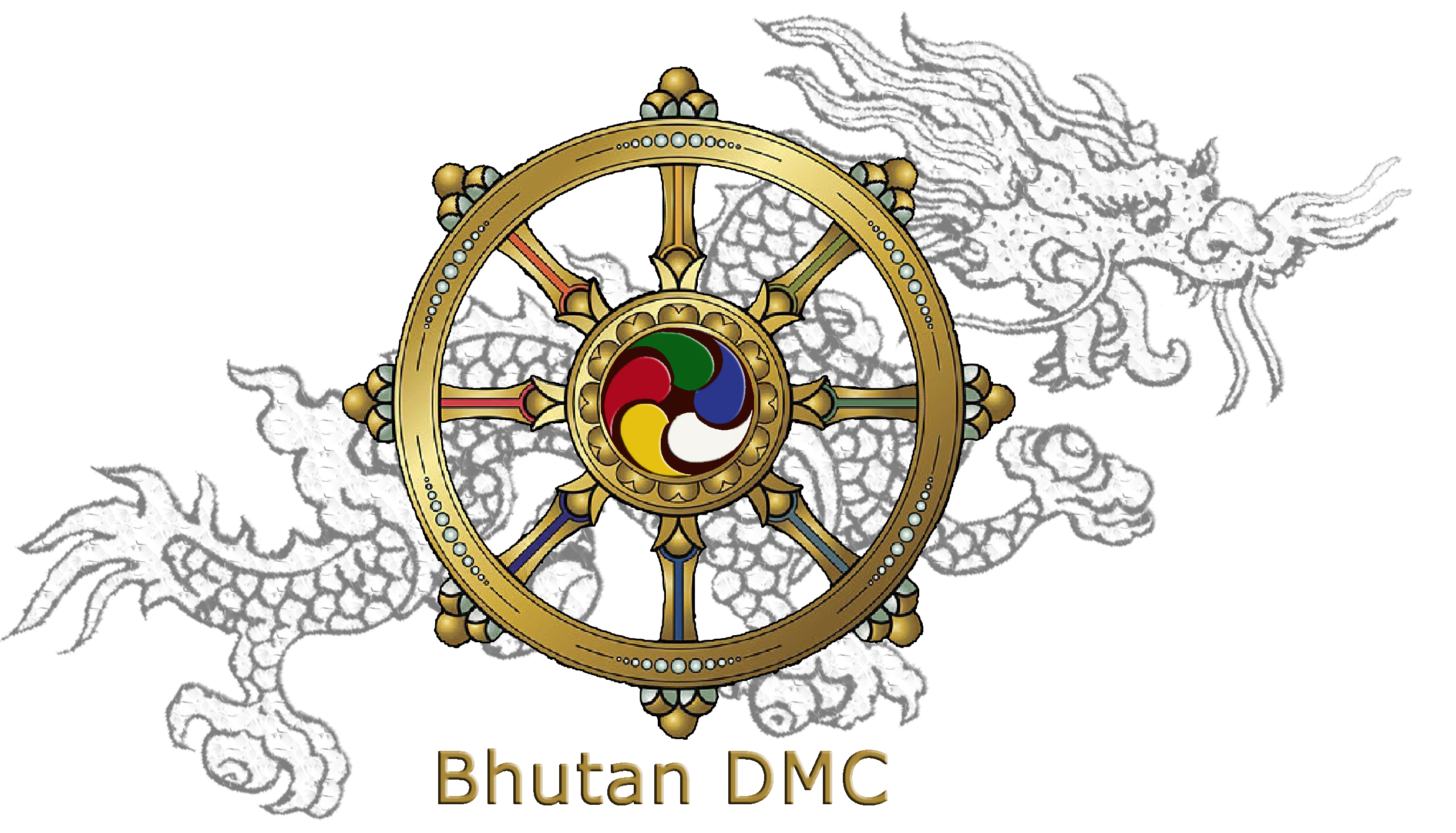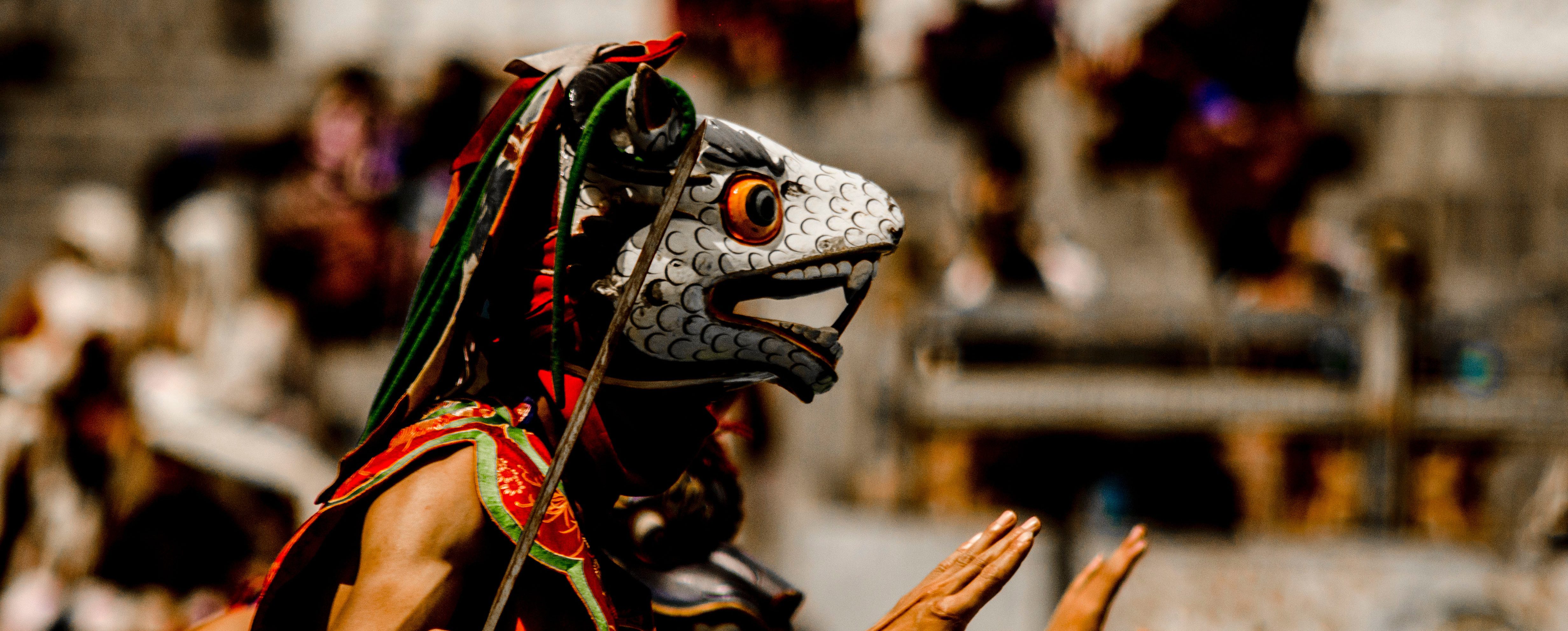Religious festival dates are tentative, please check with us to book your holiday and re-confirm dates of festival.
View Dates for 2023 here:
Festivals dates for 2023 (Download)
Festivals of Bhutan are a magical spectacle in which the spiritual richness of the country is displayed through unique Bhutanese tradition of devotion, faith, respect and togetherness. Most of these festivals features sacred dances those are established by the masters of Vajrayana Buddhism and each aspect of dance has a symbolic meaning, mostly depicting events from the life of Guru Padmasambhava. It is widely believed that one gains merit by attending any of these festivals. Some of the festivals are observed to purify the souls and ward off evil spirit. Such high-spirited sacred events are conducted & choreographed by fully ordained religious heads.
The Kingdom of Bhutan is deeply steeped in Vajrayana Buddhist traditions and today, it is the only country in the world where Vajrayana Buddhism is maintained as the state religion and its guiding principles are directly incorporated into Government policy. The main goal of practising Buddhism is to get fully enlightened and there are various routes to achieve this aspiration. For an individual to simply be present and witness these sacred festivals and experience them with right mindset and pure intention is considered an auspicious opportunity.
The social aspect of festivals is also of utmost importance. During festivals gathering, people renew existing ties, establish new relationship and strengthen their connectedness with one another. Tshechu (Festival) is the event when people of all age groups in their finest clothing and jewellery get together and rejoice all against the backdrop of a colourful religious ceremony.
Bhutan is aptly considered as Land of Happiness and its development policies are guided by pincicples of Gross National Happiness (GNH), the term first time coined by visionary Druk Gyalpo Jigme Singye Wangchuk, the Fourth King of Bhutan. In its most generic term, happiness can be defined as positive mental state and the opposite of suffering. As the ultimate goal of Buddhism is to develop conditions that eradicate suffering, these festivals can be considered manifestations of these Buddhist reaching and aspirations, displayed to the public in order to provide both teachings and direct experiences related to the path towards enlightenment.

